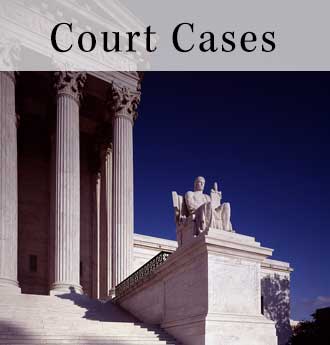Lesson 22: How Does Congress Perform Its Functions in the American Constitutional System?
cloture A rule of the U.S. Senate stipulating that debate on a legislative proposal be cut off and the proposal voted upon by the full Senate if sixty members agree.
filibuster The practice of refusing to surrender the floor during a debate to prevent the Senate from voting on a proposal.
impeachment Charging a public official with a crime while in office and bringing him or her to trial. Convicted officials are removed from office.
lobbying The practice of attempting to affect legislation by influencing legislators.
pocket veto A presidential practice that allows a bill to die if not signed within ten days and Congress is adjourned. The president is conceived as keeping the bill in his pocket rather than taking it out and signing it.
power to investigate The power of Congress to undertake formal inquiries into matters of public business and public policy.
resolution A formal statement of a decision or expression of opinion put before or adopted by an assembly such as the U.S. Congress.
seniority Length of service. In the U.S. House of Representatives or the U.S. Senate, certain powers and responsibilities of congressional members, such as committee chairmanships, are granted on the basis of their time in office.








